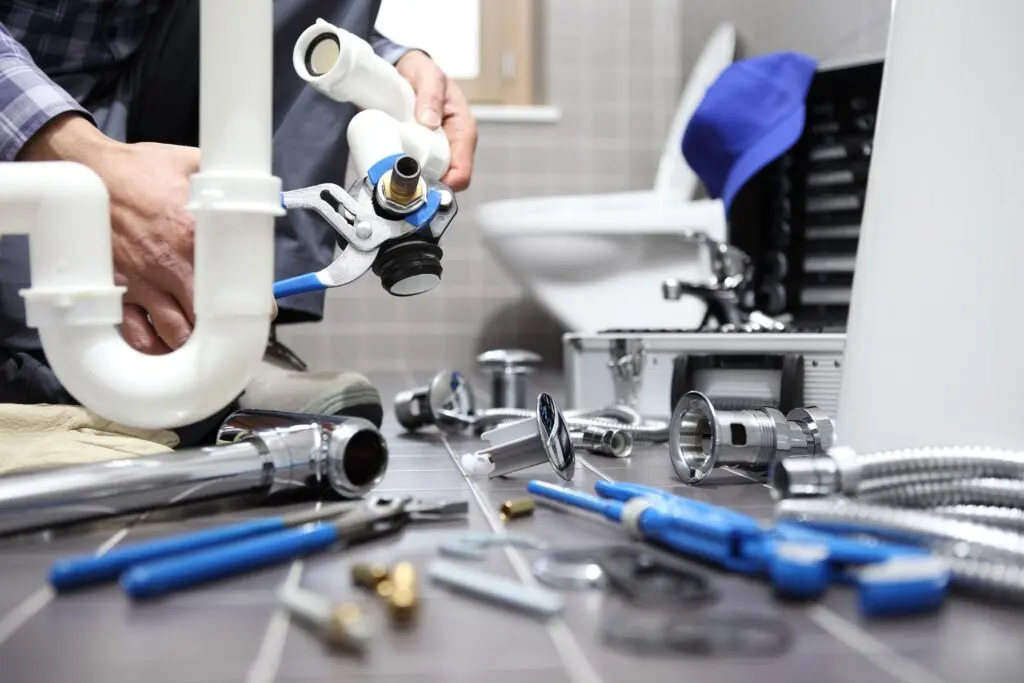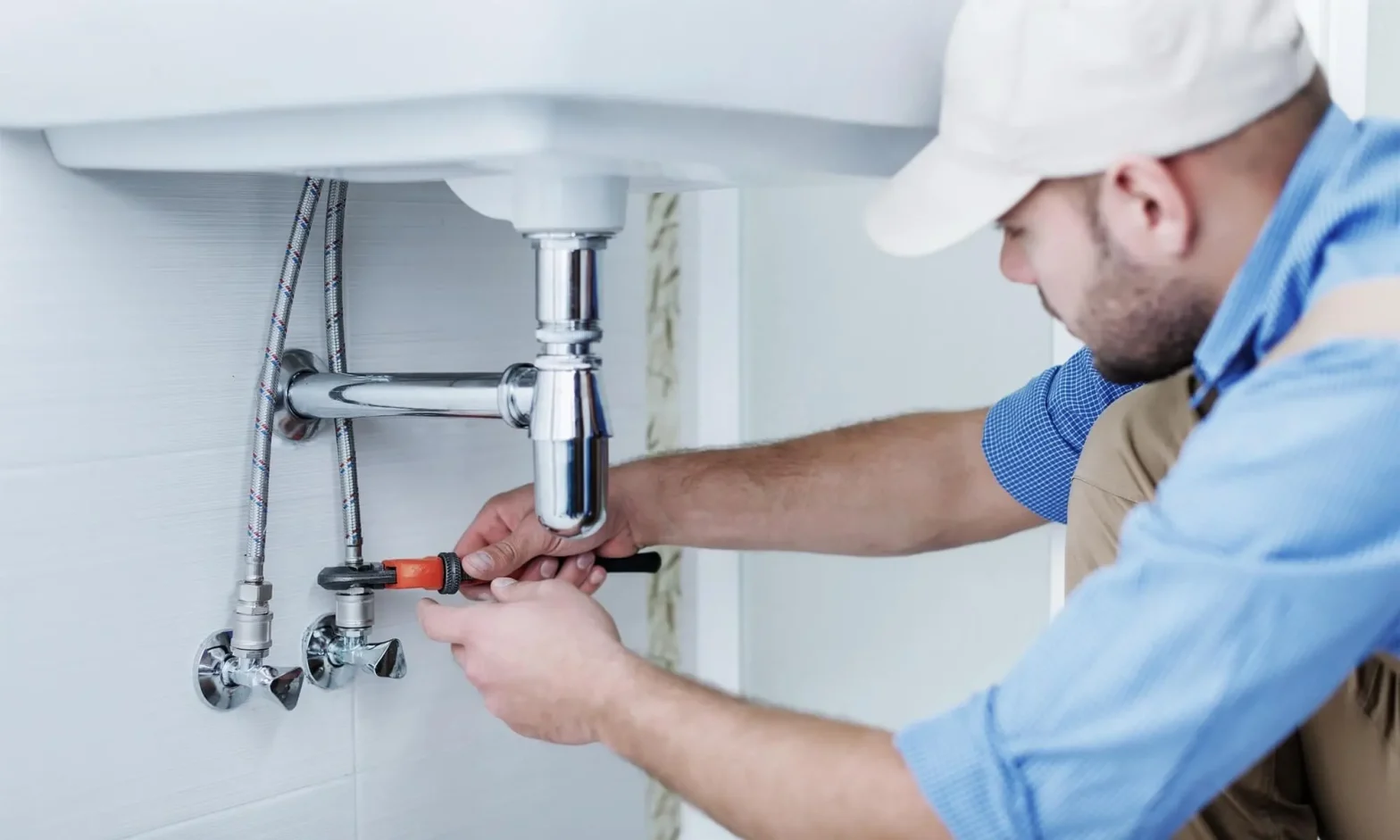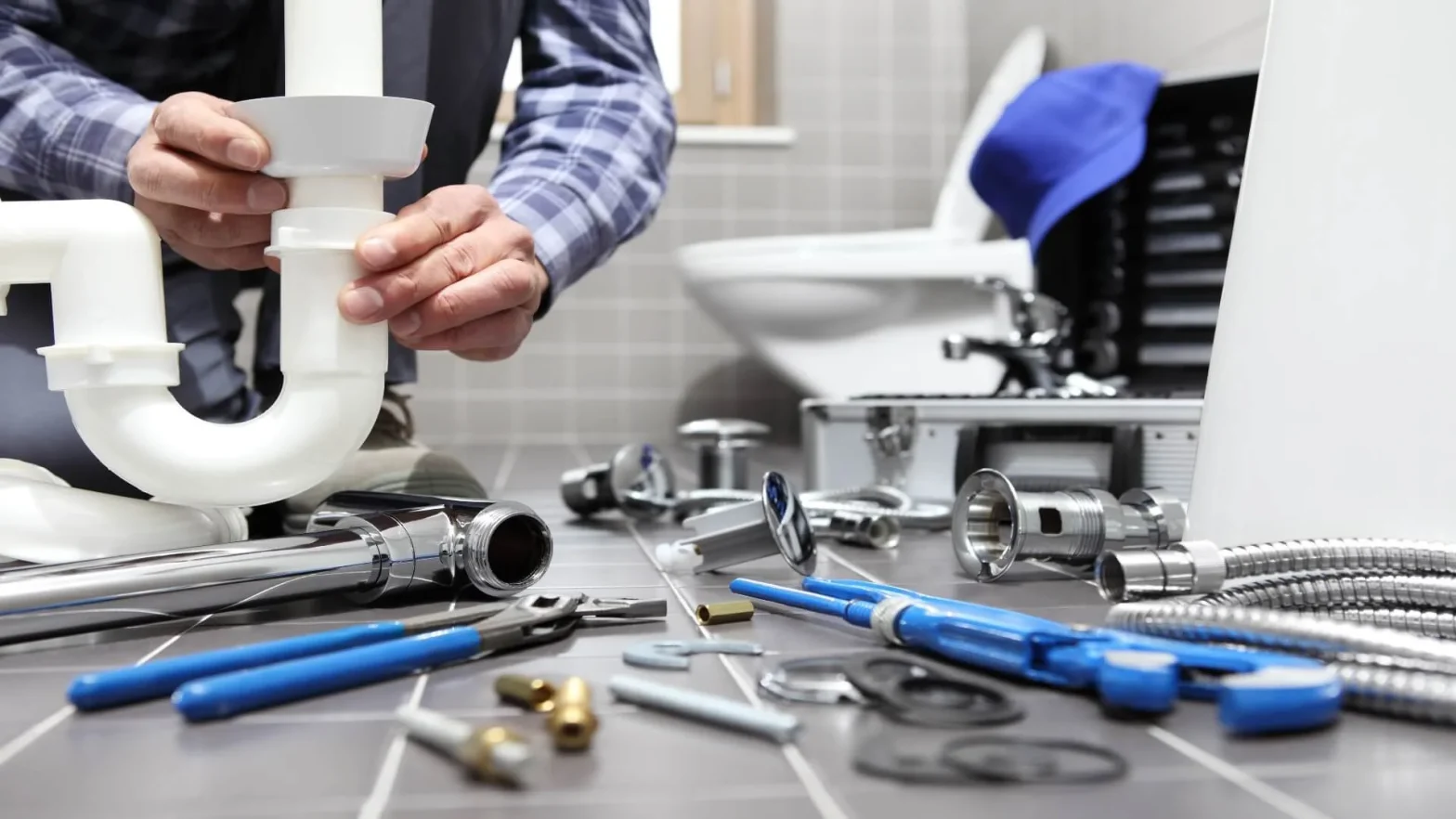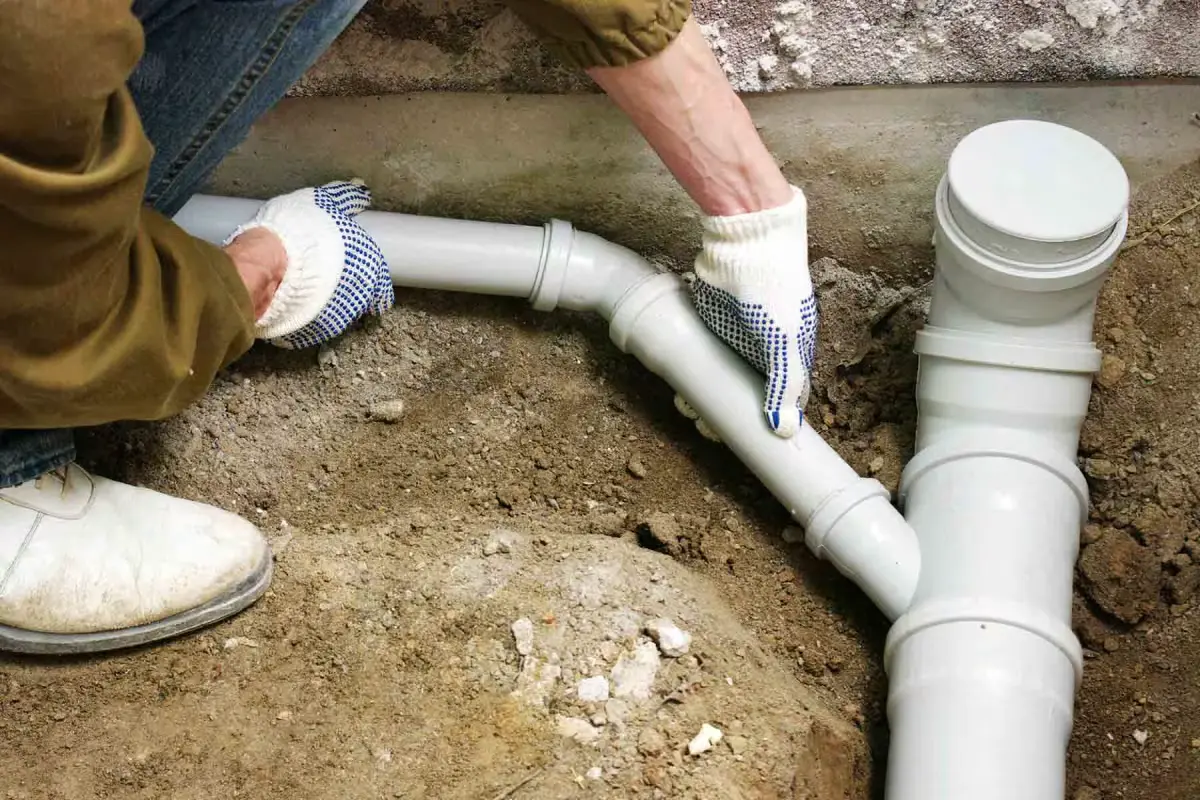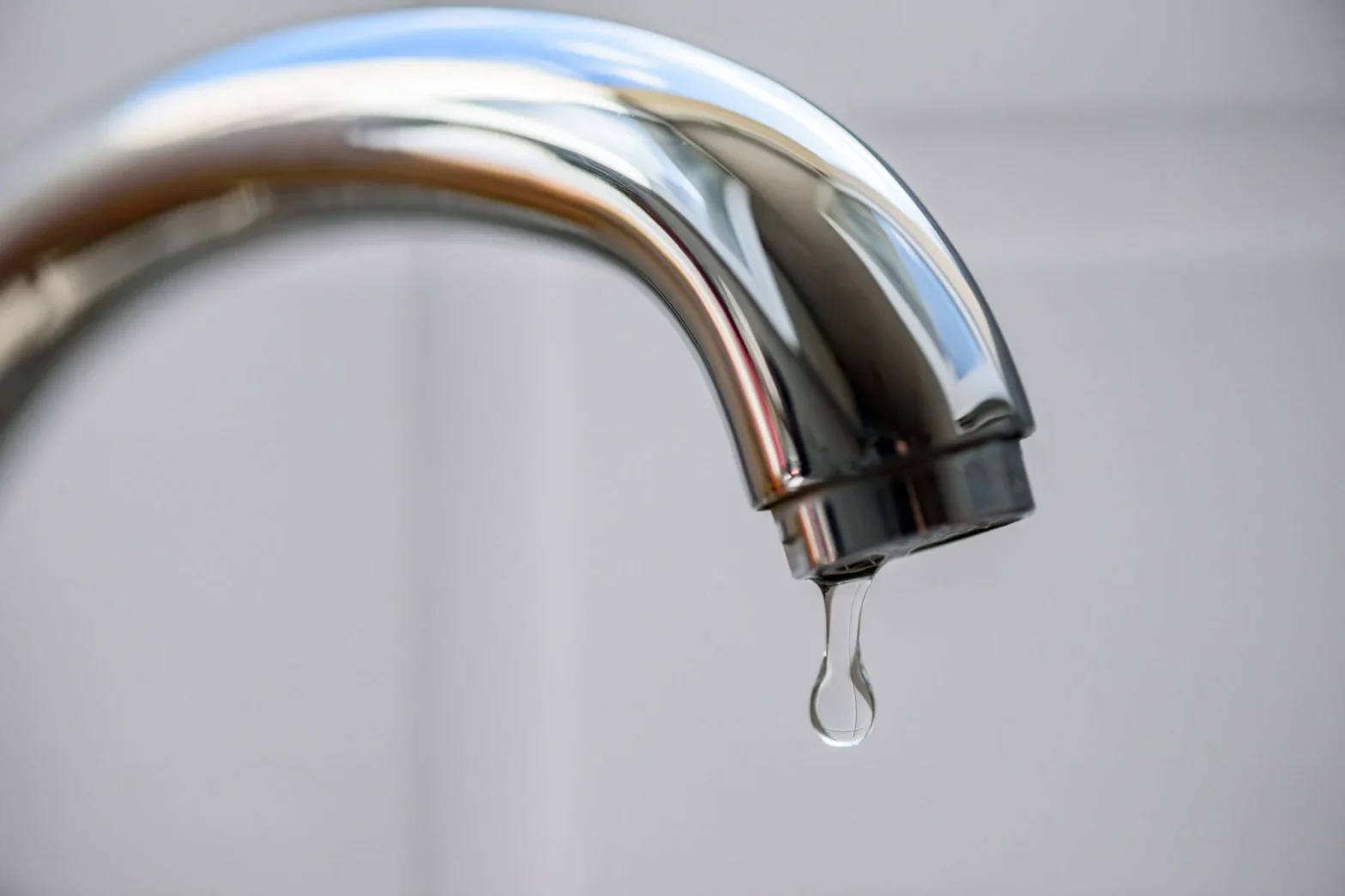Do You Need a 24-Hour Plumber? How to Decide
As anyone with a burst pipe can tell you, plumbing problems never happen at a convenient time. You might find yourself wrestling with a jammed garbage disposal in the middle of Thanksgiving dinner, or trying to unscrew a stuck shower head at 2am on a Saturday. In these moments, many homeowners ask the same question: Should I call a 24-hour plumber, or can I wait until morning? If you’ve ever struggled with this decision, read on.
Plumbing Emergencies vs. Routine Service Calls
So, you’ve got a problem. The question is, how bad is it? Water leaks, drainage issues, and other problems all have a critical first step: Knowing the difference between emergencies that need immediate action and nuisances that can wait. This simple judgment call is often the difference between thousands in repair costs and stress, versus a minor call-out and a full night of sleep.
Recommended reading: Choosing a Reliable 24-Hour Plumber in Your Neighborhood
A certified plumber is the best source of advice when you need it, 24 hours a day. But if you’re still standing there with your phone in hand, wondering if the water bill really needs to double, here are some tips that will help you choose.
When to Call a Certified 24-Hour Plumber
Here’s the number one rule of plumbing: Some problems are too big, too complicated, or too dangerous to handle alone. Burst pipes, sewage backups, and water heater leaks won’t magically fix themselves overnight, and few DIY solutions will resolve the underlying problem.
In these cases, plumbing problems can affect your home’s water pressure or electrical systems, and may involve contaminated waste, dirt, and debris that can threaten your family’s health and safety.
Slapping duct tape on a major leak will buy you time but won’t fix it. Chugging the plunger through a deep sewer backup will cause more frustration and delay the arrival of real help.
When these symptoms indicate larger, more complex problems, it’s time to call a professional 24-hour plumber who can make a thorough assessment of the problem and make repairs that will restore full function to your home’s plumbing, structure, and water sources.
Certified plumbers have more than just tools, experience, and know-how. The license behind their business name ensures that they know the latest in code compliance and permits, and can provide accurate invoices, time records, and estimates to your insurance adjuster if the need arises.
When It’s Safe to Wait Before Calling a Plumber
As the saying goes, not every emergency is an emergency. In fact, quite a few minor, irritating plumbing problems are best resolved at a regular service call (during business hours). Minor leaks under the bathroom vanity, noisy toilets, sinks that drain slowly, or clogged showers all qualify as plumbing problems, but can typically wait until the morning.
This doesn’t mean you should do nothing. If you notice a plumbing issue, it’s always important to monitor the situation to make sure it’s not getting worse. A drip may be fine for now, but that’s no guarantee it won’t turn into a leak overnight. Document any changes to the problem you can, including spreading water, unusual noises, increasing volume, etc. If it worsens, you may have to rethink that decision to wait.
Also, keep in mind that access to your home and plumbing matters here, too. If you have to enter a locked or restricted area to reach the main valve, or the problem is in an inaccessible room you can’t monitor, it may be safer to have a plumber respond right away. If you live in an apartment complex or condo where your neighbors will be affected or disturbed, the same goes.
What Happens When You Ignore a Plumbing Emergency
The trick to knowing when to call a 24-hour plumber is understanding that plumbing doesn’t wait. Water, mold, and biohazards spread in a matter of hours. A small drip in your bathroom vanity might not seem like a big deal, but if left overnight, that leak could saturate your subfloor and spread into adjacent rooms.
Leaks that interact with your home’s electricity and appliances present even greater hazards. Water and electricity don’t mix. Ignoring an emergency service call could turn your burst pipe into a real electrical fire.
The same is true of sewage or mold, which create biohazards that impact your family’s health. If you’re thinking about taking “just a quick shower” before the plumber arrives, think again.
The more time passes, the more danger you risk and the higher your insurance provider may come after you. Home insurance policies all contain a clause that requires the policyholder to take “reasonable action” to minimize further loss or damage, and delaying emergency service is usually a violation of that provision. Water restoration contractors will even tell you that taking the first few hours after a flood or leak to “ride it out” is like throwing money out the window.
Checklist: Signs It’s Time to Call a 24-Hour Plumber
The most important thing to know about an after-hours plumber is that when in doubt, call. If you’re standing there wondering whether a plumbing problem warrants emergency service, go ahead and give that 24-hour plumber a call and ask. It’s better to find out you don’t need service than the other way around, and many plumbing companies will offer free or low-cost phone consultations just to answer the question.
In the meantime, this quick checklist can help you make the decision on your own. Call a 24-hour plumber immediately if you answer yes to any of the following:
- Water is leaking or flooding in your home
- Sewage is backing up into your sinks, tubs, or toilets
- Your water heater is leaking, hissing, or smells burnt
- Pipes are frozen, cracked, or you hear banging inside walls
- You can’t shut off the water at the source
One “yes” here is a true sign of an emergency. In these situations, there’s no time to lose. The longer you wait, the more widespread (and expensive) the problem can become. It’s always best to take action and get ahead of the problem with a quick response.
If you’re still not sure whether you need emergency service, many 24-hour plumbers offer free or low-cost consultations over the phone. They can advise you and answer any questions you may have before making the decision to send out a service call. Having the option to call a professional, even if you ultimately decide not to use it, can help you feel more in control of the situation and safe in your decision.
Frequently Asked Questions (FAQ): Do You Really Need a 24-Hour Plumber?
Q: Are 24-hour plumbers available on the weekend and holidays?
A: Yes. As one of the most trusted 24/7 plumbing companies in Southern California, Cali’s Choice is available on major holidays, weekends, and evenings—when many other companies are closed.
Q: How much more does an after-hours plumber cost?
A: A 24-hour plumber may charge slightly more than normal for after-hours labor. However, we’ll always be transparent and upfront about pricing with our clients—no surprise fees.
Q: What if I shut off the main valve? Can I wait until morning?
A: Your main water valve might be able to stop the active flooding or leaking, but that doesn’t necessarily mean it’s safe to wait until morning for service.
Q: Why not just wait and monitor the problem?
A: If the plumbing problem is slowly getting worse, and what you’re dealing with now is just a minor nuisance, it can often be safe to wait. That’s true for many slow leaks or minor backups.
Q: What should I do before a 24-hour plumber arrives?
A: First and foremost, shut off your water supply and unplug any nearby electronics. Move valuable items out of affected rooms, and take before photos of the damage for your insurance adjuster (if necessary).
Conclusion
In most cases, if you know what’s going on in your home, you’re going to know if you have an emergency. If your gut is telling you something isn’t right, even if you don’t see active water or waste, don’t take the risk.
You won’t find a more responsive, expert 24-hour plumber anywhere in Southern California. At Cali’s Choice, our licensed plumbers are standing by 24/7, 365 days a year to respond and restore your plumbing. You’re not alone.
Related Posts


